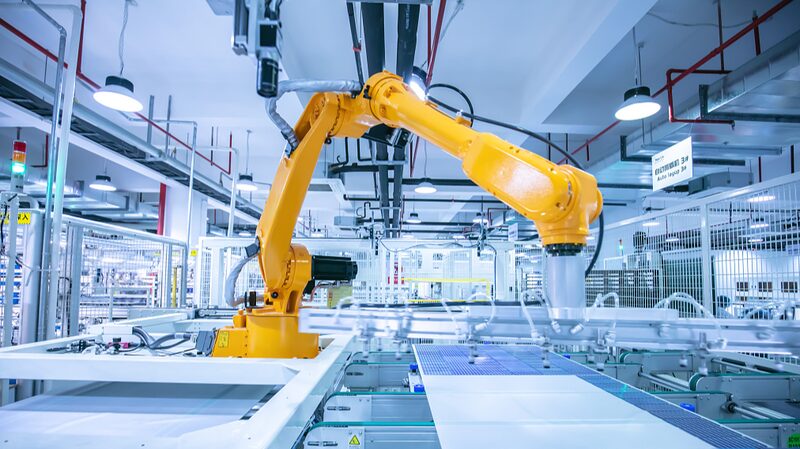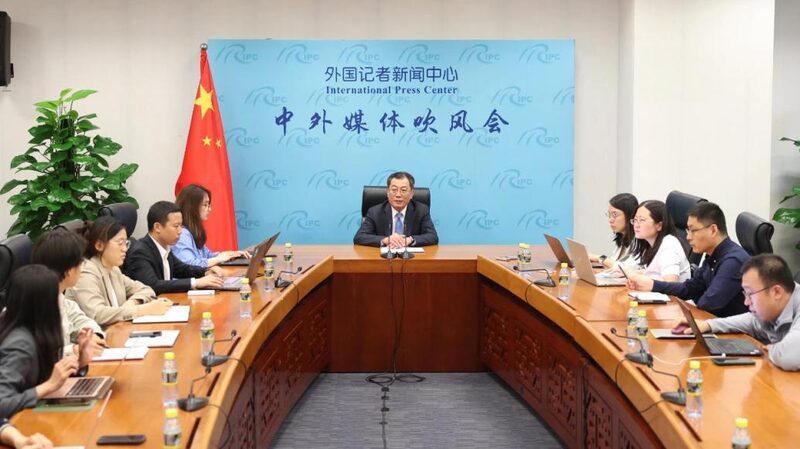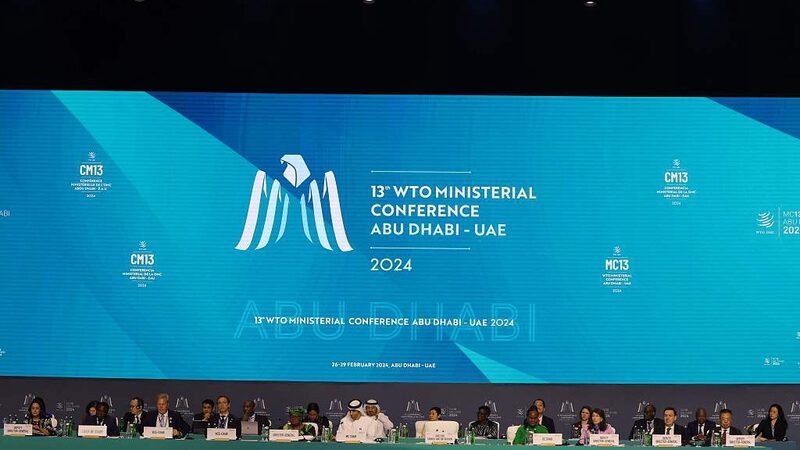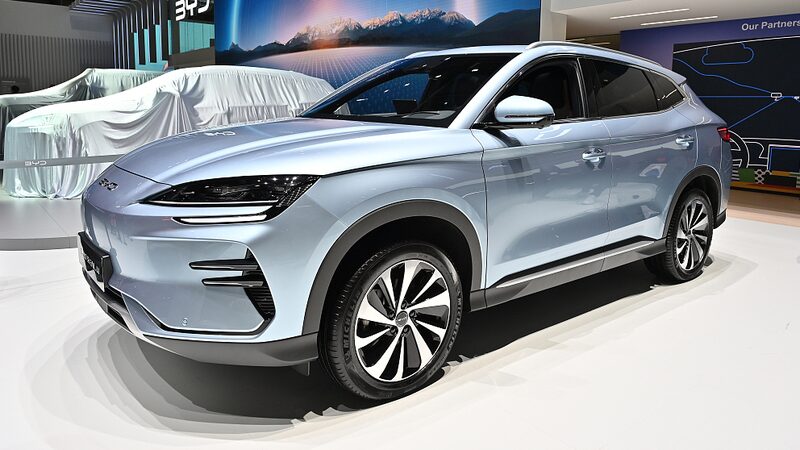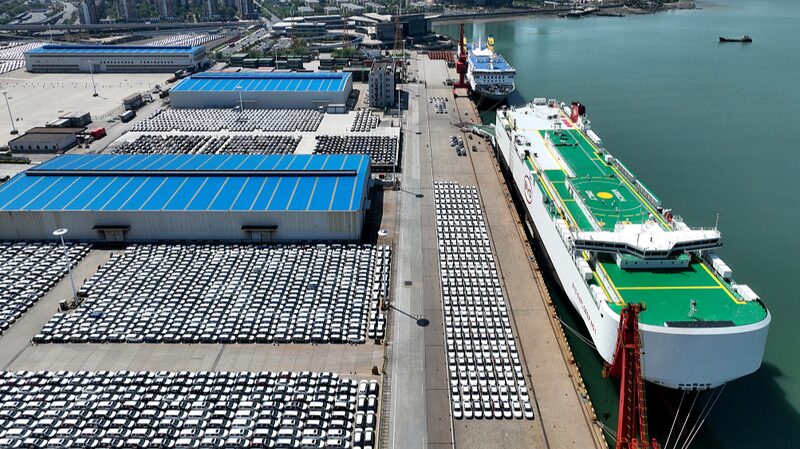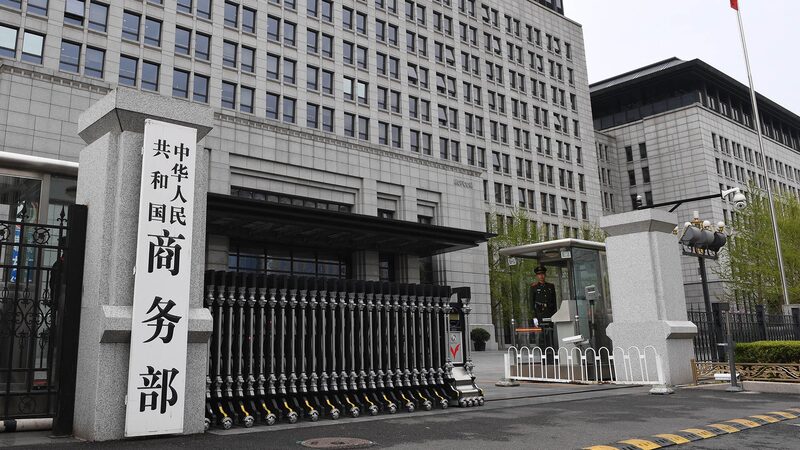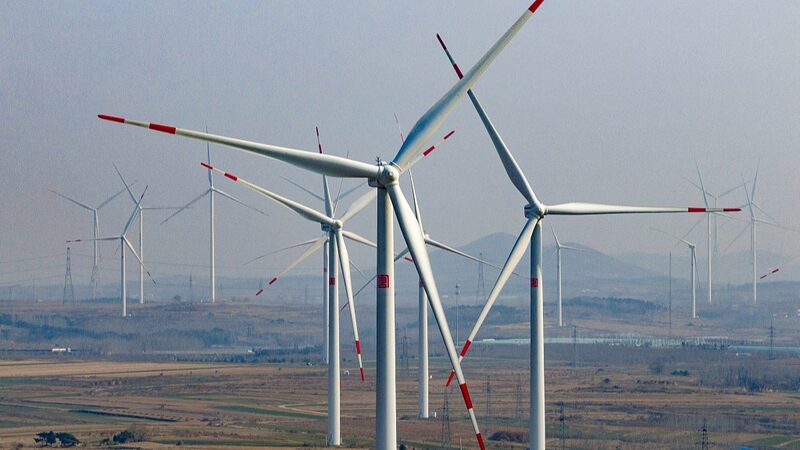🌍 Western claims of China's industrial \"overcapacity\" are facing sharp pushback from economists and analysts, who argue the narrative is rooted in political tension rather than data. As global trade debates heat up, experts highlight innovation—not subsidies—as the driving force behind China's competitive industries.
Data vs. Drama: What’s Behind the Debate?
Albert Park, Chief Economist at the Asian Development Bank, told China Daily there’s little evidence to support claims of unfair trade practices. \u201cThe WTO has tools to address real issues like dumping, but these accusations against China lack substance,\u201d he said. Meanwhile, Thailand’s Kasikornbank VP Wichai Kinchong Choi praised Chinese firms for their \u201cefficient cost control,\u201d dismissing claims of overcapacity as excuses for protectionism.
EV Boom: Can China Meet Global Demand?
With the International Energy Agency predicting 45 million electric vehicles (EVs) will be needed globally by 2030, China’s current exports of 1.2 million EVs in 2023 suggest production is scaling to meet—not overshoot—demand. Morgan Stanley’s Robin Xing noted hypocrisy in singling out China: \u201cThe U.S. Inflation Reduction Act pours billions into clean energy. Why is that different?\u201d
Political Theater Ahead of Elections?
Analysts like Guo Kai of think tank CF40 Institute warned that U.S. rhetoric may be tied to electoral strategy. Peterson Institute’s Nicholas Lardy added: \u201cIf every country only made what it consumes domestically, global trade would collapse. That’s a disaster recipe.\u201d 🔥
Reference(s):
Analysts rebut 'Chinese overcapacity' claims amid political tensions
cgtn.com
